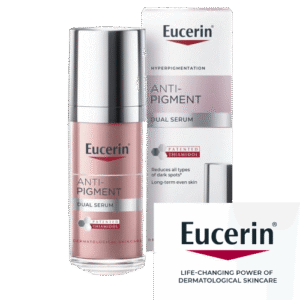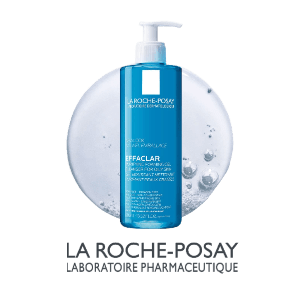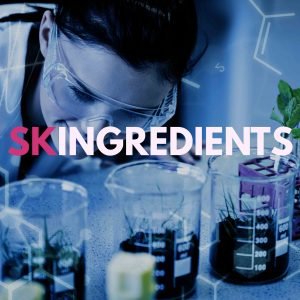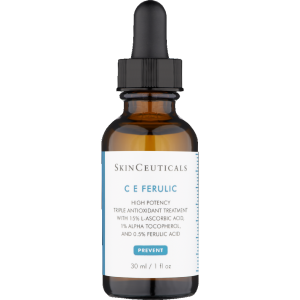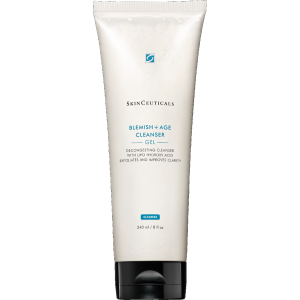Moisturisers
What are moisturisers?
Moisturisers were originally a marketing tool, that were considered to work by simply moistening the skin, however they do so much more. At the most basic, moisturisers are a topical treatment that reduces the symptoms of dry skin and makes rough skin feel smoother. Moisturisers prevent dehydration and can reduce the appearance of skin blemishes. They also help to trap water in the skin and prevent trans epidermal water loss (TEWL) rather than just wetting the skin.
Depending on the formula and ingredients, moisturisers can repair the skin barrier, deliver anti-ageing or anti-inflammatory ingredients, and they can ease discomfort from certain skin conditions such as dermatitis and eczema.

Choosing a moisturiser
There are many different types of moisturisers, from emulsions of oil and water, formulas with a higher concentration of water which feel like gels, and formulas with lots of oil that are thicker, richer balms.
Choosing a moisturiser can be difficult, especially with the vast number that are on the market. If you have an oily skin type, you may need less heavy-duty moisturisers than dry skin, as the sebum on the skin will act as a natural moisturiser. However, if you have very dry and sensitive skin, you will need a more heavy-duty, rich, occlusive product.
Benefits of using a moisturiser
Water is an essential component of our skin to keep its function intact. Cleansing the skin is the most important part of a skin care routine, however at the same time, it can damage the skin barrier and cause water loss from the skin. Therefore, it is so important to put the moisture back into the skin to keep it functioning properly.
A well formulated moisturiser performs three main functions for the skin:
What to look for in a moisturiser
For best results, you should use a moisturiser that contains the following ingredients:
Humectants
These are lightweight hydrators that attract water from both the air and deeper layers of the skin. Examples of these are glycerin, hyaluronic acid, sodium hyaluronate, aloe, propylene glycol, urea and alpha-hydroxy acids.

Barrier Repair
These include ceramides, cholesterol and fatty acids, which are the three key lipids that repair the skin barrier. The best fatty acids to look out for are stearic acid and palmitic acid, or oils that contain shea butter and coconut oil. Most moisturisers will contain fatty acids, but if you do have dry and sensitive skin, it is best to look out for a moisturiser that contains all three barrier-repairing ingredients.

Occlusives
These lock in the water from your humectants and form a protective barrier that prevents moisture loss. These occlusives include jojoba oil, coconut oil, shea butter, lanolin, and lethicin.

Preservatives
Without preservatives, the moisturiser can breed bacteria, and so look for food-grade preservatives (such as sodium benzoate and potassium sorbate), alcohols, synthetics (such as dehydroacetic acid and phenoxyethanol) and plant-based preservatives like gluconolactone.
View all of our moisturisers
-
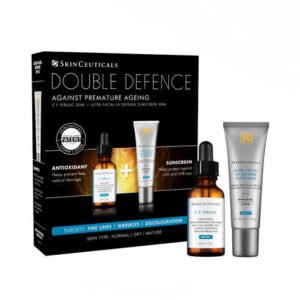 Rated 0 out of 5Out of stockView More
Rated 0 out of 5Out of stockView More£202.00Original price was: £202.00.£123.99Current price is: £123.99. -
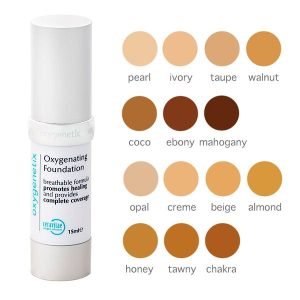 Rated 0 out of 5Sale!£56.99 – £58.99Price range: £56.99 through £58.99Select options This product has multiple variants. The options may be chosen on the product page
Rated 0 out of 5Sale!£56.99 – £58.99Price range: £56.99 through £58.99Select options This product has multiple variants. The options may be chosen on the product page




